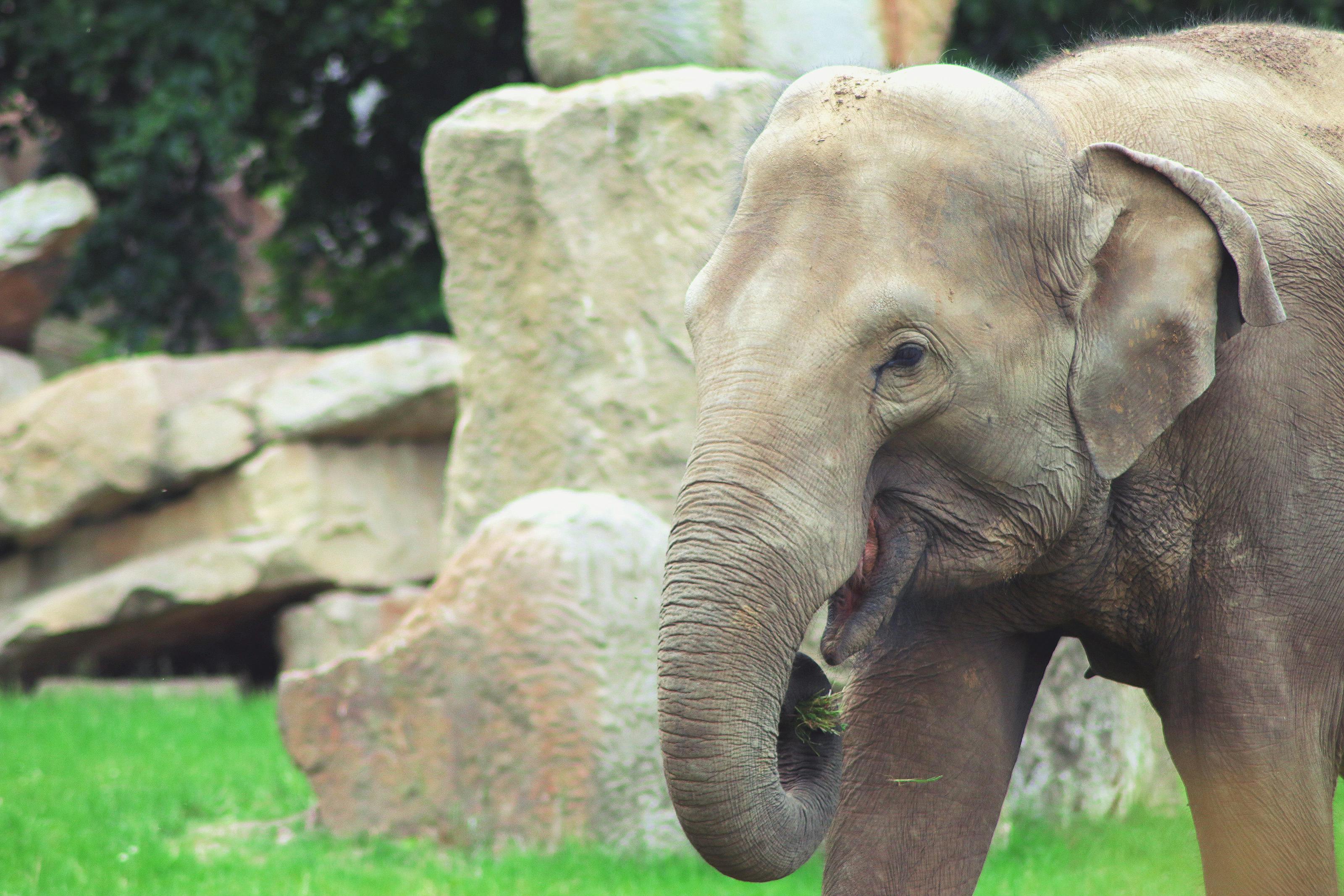Top 5 Effective Methods for Caring for Elephant Ear Betta in 2025
The Elephant Ear Betta is a captivating and unique species that has been gaining popularity among aquarists. Known for their distinctively large, flowing fins that resemble elephant ears, these bettas are not only beautiful but also bring a vibrant splash of color to any freshwater aquarium. Caring for Elephant Ear Bettas involves understanding their specific needs and behaviors, making them ideal pets for both beginners and experienced aquarists alike. This article will delve into the top five methods for giving your Elephant Ear Betta the best care possible in 2025.
Adopting a methodical approach to their care will ensure a long, healthy life for these remarkable fish. From tank setup to diet, each aspect plays a vital role in their well-being. Additionally, maintaining a suitable habitat requires keeping an eye on water quality and temperature, which are crucial for their health. Below, you’ll find essential methods to help you successfully care for your Elephant Ear Betta, emphasizing not just their physical needs but also their emotional wellbeing.

Essential Setup for Elephant Ear Bettas
Creating a stimulating and safe environment is the first step to successfully caring for your Elephant Ear Betta. A well-set-up tank not only promotes their health but also reflects their natural habitat.
Choosing the Right Tank Size
For an Elephant Ear Betta, a minimum tank size of 5 gallons is recommended. While they are often kept in smaller tanks, larger spaces help reduce stress and allow for better water quality management. Tank size directly affects the water parameters and hence the overall health of your betta. A 5-gallon tank provides ample space for swimming, hiding, and exploring, making it an ideal environment.
Ideal Tank Environment
Maintain the tank environment by incorporating silk or live plants which provide cover. Avoid any sharp objects, as the Elephant Ear Bettas’ delicate fins are susceptible to damage. Additionally, a soft substrate is recommended to minimize injury and stress levels. Enhancing their habitat with plants like Java Fern or Anubias can also replicate their natural environment and contribute to their wellbeing.
Water Quality Management
Maintaining pristine water quality is essential for your betta’s health. Regular water changes, ideally 25-50% weekly, will help keep the parameters stable. Invest in a quality water conditioner to treat tap water, ensuring it’s free of harmful chemicals. Conduct routine tests for ammonia, nitrite, and nitrate levels as part of your aquarium maintenance to ensure a healthy tank environment.
Taking these foundational steps will not only create a captivating display but also support the emotional and physical health of your Elephant Ear Betta. Following this arm of care, we will now look at the importance of nutrition in maintaining your betta’s vitality.
Balanced Diet for your Elephant Ear Betta
A proper diet ensures your Elephant Ear Betta remains vibrant and healthy. Feeding them the right nutrition boosts their metabolism, enhances their color, and strengthens their immune system.
Best Foods for Bettas
High-quality betta pellets should form the basis of their diet. These pellets are specifically formulated for carnivorous fish, providing all the essential nutrients. Additionally, incorporate freeze-dried or frozen options like bloodworms or brine shrimp. These protein-rich foods support their growth and energy levels while mimicking their natural feeding habits.
Feeding Schedule
Maintain a consistent feeding schedule, offering food 2-3 times a day. Ensure you only feed what they can consume in 2-3 minutes to avoid overfeeding, which can lead to water quality issues. Regular feeding routines not only support their physiological needs but also foster interaction and bonding between you and your betta.
Preventing Overfeeding
Observe your betta’s body condition regularly to gauge if they are receiving the right amount of food. If they appear bloated or lethargic, it may be time to adjust the feeding quantities. Remember that maintaining their health requires balance; a well-fed betta is a happy betta.

Understanding Betta Fish Behavior
Understanding the behavior of your Elephant Ear Betta is pivotal for their care. Their behavior not only reflects their mood and health status but can also indicate if they are stressed or comfortable in their habitat.
Social Interactions and Tank Mates
Betta fish are known for their territorial nature, especially males. This means careful selection of tank mates is crucial for creating a harmonious aquarium. Opt for peaceful fish, such as Corydoras or Neon Tetras, to avoid aggressive interactions. Always monitor their behavior to ensure no stress or aggression arises when introducing new companions.
Identifying Stress Factors
Recognizing what stresses your betta can significantly improve their quality of life. Common stressors may include poor water conditions, tank overcrowding, or aggressive tank mates. Be vigilant in observing their behavior; signs of stress can include hiding, excess fin clamping, or lethargy. Addressing these factors promptly is essential in keeping your betta happy.
Creating Enrichment Opportunities
Enrichment activities are vital for the mental stimulation of bettas. Incorporating floating devices or mirrors occasionally can spark their curiosity and reduce boredom. Regular observations of their behavior can assist in understanding their emotional needs, fostering a better bond with them over time.
With the behavioral aspects of care understood, we turn our focus to the importance of maintaining water quality and parameters to ensure lasting health for your Elephant Ear Bettas.
Maintaining Optimal Water Conditions
Water quality is the backbone of any aquatic environment, and it is paramount for the health of your Elephant Ear Betta. Consistently monitoring and adjusting water conditions will greatly affect their longevity and well-being.
Temperature Control
Elephant Ear Bettas thrive in stable water temperatures ranging from 78°F to 80°F. Use a reliable aquarium heater to maintain this environment and ensure less fluctuation of temperature. Sudden changes can lead to stress, disease, or even mortality.
Testing Water Parameters
Regular water testing should include pH, ammonia, nitrite, and nitrate levels. Bettas prefer a slightly acidic to neutral pH level, ideally between 6.5 to 7.5. Consistent testing helps prevent the onset of dangerous situations, promoting a healthy habitat for your betta.
Regular Maintenance Routines
Establish regular tank maintenance routines that include partial water changes, substrate vacuuming, and equipment checks. Implementing a strategy that keeps the environment clean will not only benefit your betta but also sustain the beauty and functionality of your aquarium.
Once you have a solid approach to managing water quality, delving into the breeding aspects and the unique qualities of Elephant Ear Bettas will enhance your knowledge as an aquarist.
Breeding Elephant Ear Bettas Successfully
Breeding can be a rewarding venture for those who are interested in expanding their betta family or learning more about their growth and development. It’s essential to approach breeding with the necessary knowledge to ensure success.
Preparing for Breeding
Choosing healthy breeding pairs is critical to producing vibrant offspring. Ensure that your bettas are at least six months old and exhibit strong, vivid colors along with good fin quality. Create a breeding tank separate from your display tank, equipped with soft, warm water and ample hiding spots.
Breeding Behavior
Understanding the courtship behavior is key to successful breeding. Male bettas will build bubble nests and exhibit vibrant displays. If the female is receptive, she may engage in a mating dance, indicating readiness for spawning. Observing these behaviors provides insight into their emotional state and readiness for breeding.
Caring for Fry
Once spawning occurs, the female should be removed after laying eggs to prevent aggression. It’s critical to ensure suitable conditions for the fry, including proper feeding with infusoria or fry food. As they grow, introduce them to appropriate fish care practices to aid in their development.
Conclusion and Key Takeaways
Despite the unique traits and behaviors of Elephant Ear Bettas, effective care demands a multi-faceted approach. Proper tank setup, balanced diet, understanding of behavior, maintenance of water quality, and knowledge in breeding are all pivotal elements that contribute to their well-being. As you implement these methods, remember that attentive observation will go a long way in nurturing a long-lasting relationship with your betta.
For more betta fish care tips, visit here or explore unique betta species here.
